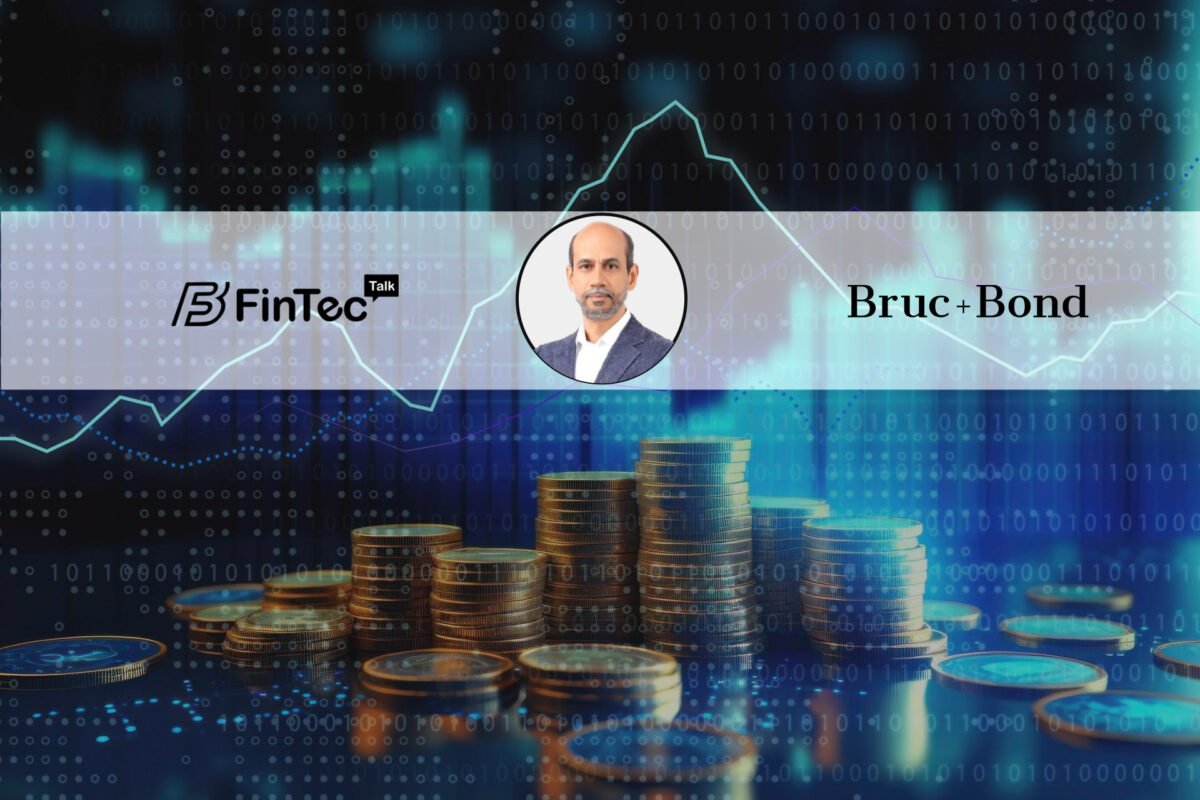Join us for a captivating conversation with Kristopher, CEO of Constellation.
Kristopher, with over 30 years of experience in the financial and technology sectors, please share some of the key highlights from your career, starting from your early days at Navy Federal Credit Union to your role as Founder and CEO at Constellation Digital Partners.
I had no intention of making financial services and technology my career path. I was going to be a police officer like all the men in my family before me. The state of Virginia requires that you have a four-year degree to be an officer, so I was killing time while I worked on my Criminal Justice degree. In the meantime, I needed a job, so I started working as an evening Collection Officer for Navy Federal part-time. By the time I finished my degree, I was already working full-time for the credit union and earning more than I would have as a police officer, so I followed the path that my work led me to. And that pattern has repeated several times in my career. Work hard and opportunities appear; then trust yourself enough to try new things.
My thought was if the new path didn’t work out, I could always go back to what I was doing before.
Some couldn’t understand the decision to leave a stable, well-paid CIO position with a leading credit union to found a start-up. But I was just trusting the pattern that I’ve followed my whole career.
There is another element to this question, though, that I think is important. Your work creates opportunities. Case in point, when I was a Systems Analyst at Navy Federal, I taught myself HTML and Javascript. So when a project came up that needed to code a solution for the credit union, my boss assigned me. Another, more senior, analyst took exception to my assignment as lead on the project. Our manager shared with him that I was assigned because I had these underlying skills.
His response was, “I would have learned if had you bought me the book.”
I just looked at him and said, “I bought the book myself.”
No one can put more into you than you are willing to do yourself. I’ve always worked to expand my role by learning more about the concepts that are adjacent to my role.
Your executive education from MIT and Stanford as a Certified Innovation Executive is noteworthy. How has this along with your other education contributed to your role as an innovator and leader at Constellation? How have these experiences influenced your leadership style and decision-making?
I use what I learned in the CUES Strategic Innovation Institute all the time. I was the SVP, CIO for a large credit union when I joined the program and already working through the early concepts that would become Constellation. And as with the previous example, it was an opportunity to expand my skills by focusing on what was just outside my official job description.
From product design and testing to managing enterprise change management. It taught me how to manage the confluence of ideas and opportunities first for myself, and then for the company I was working for.
I have a lot of ideas and visions about what work/product/technology could look like. But it’s very easy to get distracted by the next idea if you don’t have a method or team that can help manage the execution of those ideas.
This program gave me a set of practical tools to exercise those ideas in existing organizations which had to rightly be focused on executing the business as it was today.
What specific challenges or drawbacks did you encounter that led you to establish Constellation, and how has your extensive experience influenced the mission and objectives of the company?
Your experience can be a powerful filter for making decisions about the product or service you are creating, but I’ve also found that embedded in your experience are personal biases that you may have about the development of a solution. You have to use your experience to make high level decisions but leave plenty of room for other skilled teammates to influence and guide the development of your product.
As for the mission and objectives of the company, Constellation was founded to solve a problem I encountered every single day as I was a CIO.
Constellation has achieved a remarkable funding milestone of over $32.5M, making it the largest in credit union CUSO history. How does this accomplishment shape the trajectory and goals of Constellation within the industry?
It’s both a blessing and a curse. If I had to do it over again, I would have raised less because it would have placed a higher priority on designing and delivering our minimum viable product (MVP). When you have deep pockets, you can be tempted to skip this important step and jump straight into building the “ultimate product.” Designing and delivering an MVP focuses on building and testing the solutions for the biggest problems first and you can’t make up for organizational learning that you get from those early iterations.
Could you elaborate on how Constellation’s platform collaborates with fintechs to provide next-generation innovations to credit unions? How does this collaboration free credit unions from legacy systems, and what benefits does it bring to the industry?
Constellation standardizes integration to legacy core systems AND supports the seamless delivery of user experiences in a single digital banking experience. This allows a credit union or community bank to deliver new digital services regularly instead of having to wait for the completion of expensive one-off integration projects. This helps financial institutions meet the constantly changing needs of their digital banking users.
In terms of innovation, how does Constellation’s platform enable credit unions to pursue fintech services at their own digital strategy’s pace? What flexibility and customization options does the platform provide?
Constellation’s customers can go live with solutions created by any of our partner fintechs, or services created by themselves or even other third parties. They can roll out a new service every day if they want, enabling them to move at the pace they need or prefer, without expensive integration projects.
How do you see Constellation’s impact on the digital banking landscape, and what sets its approach apart from other providers in the industry?
We were the first to stand up and say that fintechs were not enemies, but instead community-based financial institutions needed to partner with them to keep up with changing consumer demands. Our presence in the marketplace forced all other legacy solutions to consider better ways to partner with fintech instead.
Today, we are the only system that provides for flexible deployment options that do NOT have to include the core digital banking services. This gives institutions even more options for delivering services to their users and can dramatically reduce the operational risk of future digital banking conversions.
Your recognition as an industry thought leader is evident through your frequent speaking engagements and with your new podcast series “The Fintech Combine.” How do you believe your thought leadership has contributed to the reputation and influence of Constellation?
I enjoy sharing my love and enthusiasm for our industry. We pride ourselves on being open to all, which includes sharing what we are doing and listening to what others are doing as well. The exchange of ideas creates even better ideas and opportunities for everyone.
Stay Ahead of the Financial Curve with Our Latest Fintech News Updates!




